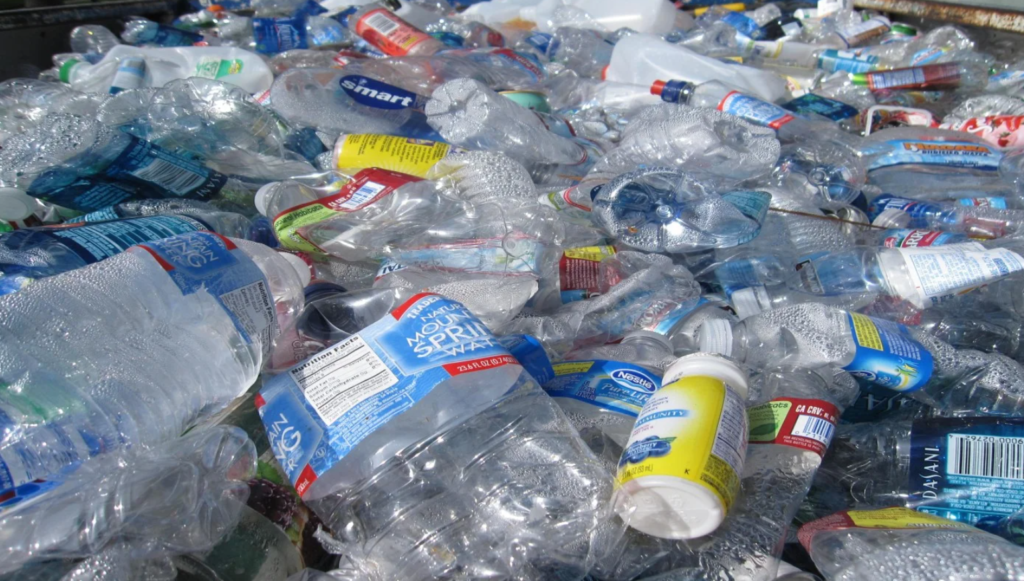The strategy proposed in the report would result in $1.27tn in savings and create approximately 700,000 jobs by 2040.
A new UN Environment Programme (UNEP) report has claimed that about 80% of plastic pollution across the globe can be minimised by 2040.
The report is officially called: ‘Turning off the Tap: How the world can end plastic pollution and create a circular economy’.
It suggests that plastic pollution can be reduced if countries and companies can implement deep policy and market shifts leveraging the technologies available to them.
The release of this report comes in advance of the second round of negotiations scheduled to be held in Paris, the meeting’s aim is to agree on a viable global strategy to counter plastic pollution.
UNEP executive director Inger Andersen said: “The way we produce, use and dispose of plastics is polluting ecosystems, creating risks for human health and destabilising the climate.
“This UNEP report lays out a roadmap to dramatically reduce these risks through adopting a circular approach that keeps plastics out of ecosystems, out of our bodies and in the economy.
“If we follow this roadmap, including in negotiations on the plastic pollution deal, we can deliver major economic, social and environmental wins.”
UNEP’s solutions-focused report has analysed concrete practices, market shifts and policies to inform government thinking and business action.
In order to achieve the desired transformation towards a circular economy, the report has proposed to first reduce ‘problematic and unnecessary plastics’ and then implement three main market shifts – Reuse, Recycle and Reorient/diversify these plastic products.
Countries can promote the concept of reusing by providing options such as deposit-return schemes, bulk dispensers, packaging take-back schemes and refillable bottles.
These methods alone could reduce the amount of plastic pollution by 30% before 2040.
An additional 20% change can be achieved by making the process of recycling a more stable and profitable business option.
Meanwhile, the proper replacement of plastic products, including plastic wrappers, sachets and takeaway items with sustainable alternative materials can contribute to an additional 17% reduction in plastic pollution.
If executed, this strategy will save approximately $1.27tn, considering costs and recycling revenues, and further result in creating approximately 700,000 jobs by 2040.
This value can increase to $3.25tn if externalities, including health, climate, air pollution, marine ecosystem degradation, and litigation-related costs are avoided.
Article Credits: Packaging Gateway

Pingback: World Environment Day brings solutions to plastic pollution into focus - SLSV - A global media & CSR consultancy network